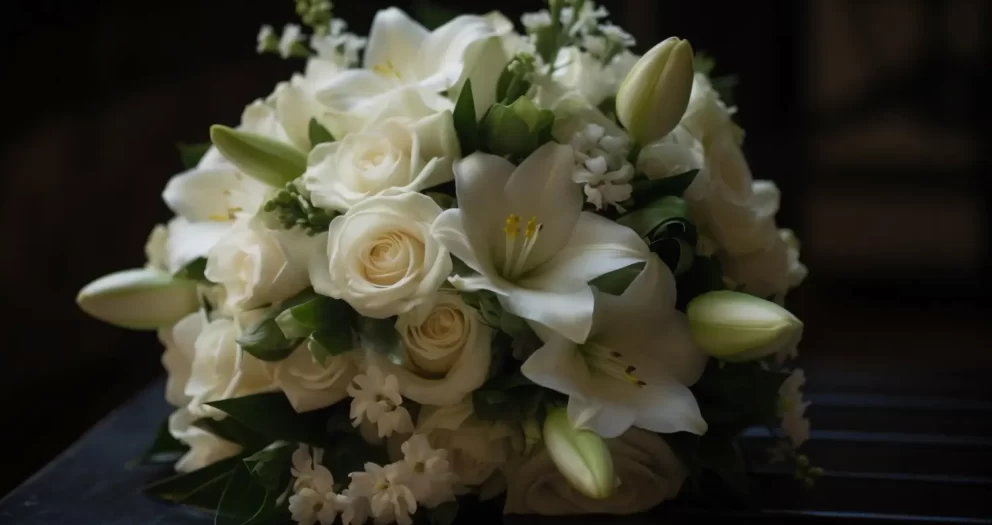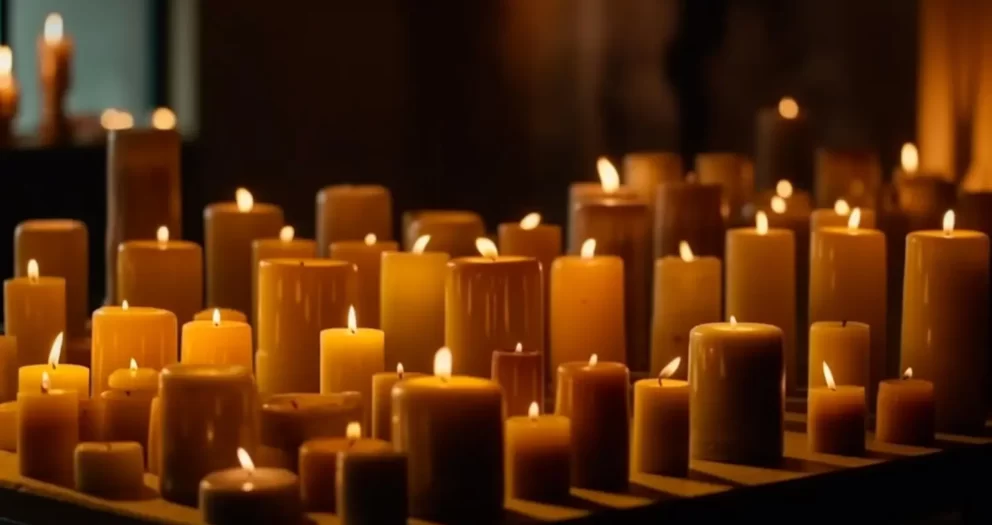The matter of separating cremated ashes is both a religious and personal decision and sometimes a legal one. Here’s a breakdown:
- Religious Perspective:
- Catholicism: The Vatican has made clear that Catholics should not keep ashes at home, scatter them, divide them among family, or transform them into keepsakes. This view is deeply rooted in the belief in the resurrection of the body and the importance of the body as a representation of one’s identity.
- Hinduism: Supports cremation and often the scattering of ashes in a holy river or body of water.
- Islam: Generally prohibits cremation, favoring burial.
- Legal Perspective:
- Ashes are typically considered similar to a body in legal terms. Hence, the law hesitates to rule to divide them among different parties. But, if all parties agree, then legally dividing the ashes typically doesn’t pose issues.
- Cultural and Personal Perspective:
- Many people are now choosing to separate ashes, as evidenced by the growing industry of more miniature urns and keepsake jewelry. These items allow individuals to keep a part of their loved ones close to them.
- The act of sharing ashes might serve as a form of solace and connection for some families, symbolizing that their loved one is always with them.
- Practicality:
- Small urns and keepsake jewelry offer a practical solution for those wishing to divide ashes. These products are becoming increasingly popular and come in various shapes, materials, and prices.
Conclusion: Grieving is a profoundly personal process, and individuals and families must navigate it in a way that feels right for them. It’s essential to respect and understand the cultural, religious, and personal beliefs of others. When in doubt, engage in open conversations with family, religious leaders, or grief counselors to find the best path forward for honoring a loved one.






Write a comment
Your email address will not be published. All fields are required